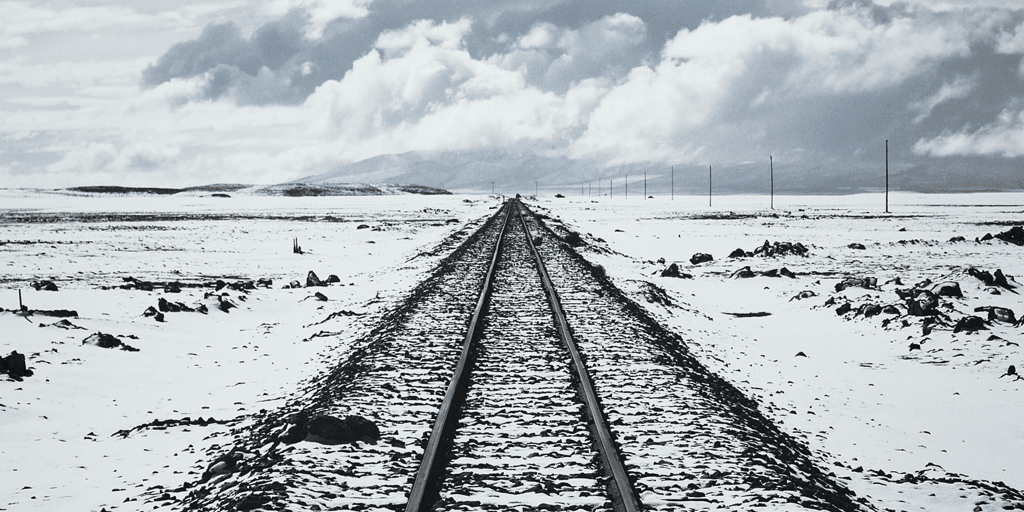The Inscrutable Nature of God

In a series we just taped with Dr. Erwin Lutzer, he says this about Martin Rinkart[1], a German pastor who dealt with pretty unimaginable circumstances during the 17th century: “Here was a man who could see beyond the immediate, and believe that God had a higher purpose—some of which is known to us, some of which is not known to us because of the inscrutable nature of God.”
Wow. Inscrutable. Dictionary definition: “impossible to understand or interpret.”
Do you ever feel that way when you think about what is happening to you, or what is happening around you? But here’s the thing: Can we trust God, even if we don’t understand why He does (or doesn’t do) things in a certain way? By which we mean, of course, that we expect Him to do things the way we want, right?
And I suppose a flip side to that is, do we have any right at all to demand that God explain His ways to us? Or that He conform to our way of thinking about how things should happen?
Can we boldly and honestly say, along with Paul,
Oh, how great are God’s riches and wisdom and knowledge! How impossible it is for us to understand his decisions and his ways! For who can know the Lord’s thoughts? Who knows enough to give him advice? And who has given him so much that he needs to pay it back? For everything comes from him and exists by his power and is intended for his glory. All glory to him forever! Amen. (Romans 11:33-36)
1 Now thank we all our God with heart and hands and voices,
who wondrous things has done, in whom his world rejoices;
who from our mothers’ arms has blessed us on our way
with countless gifts of love, and still is ours today.
2 O may this bounteous God through all our life be near us,
with ever joyful hearts and blessed peace to cheer us,
to keep us in his grace, and guide us when perplexed,
and free us from all ills of this world in the next.
3 All praise and thanks to God the Father now be given,
the Son and Spirit blest, who reign in highest heaven
the one eternal God, whom heaven and earth adore;
for thus it was, is now, and shall be evermore.[2]
[1] Martin Rinkart was a minister in the city of Eilenburg during the Thirty Years War. Apart from battles, lives were lost in great number during this time due to illnesses and disease spreading quickly throughout impoverished cities. In the Epidemic of 1637, Rinkart officiated at over four thousand funerals, sometimes fifty per day. In the midst of these horrors, it’s difficult to imagine maintaining faith and praising God, and yet, that’s exactly what Rinkart did. Sometime in the next twenty years, he wrote the hymn, “Now Thank We All Our God,” originally meant to be a prayer said before meals. Rinkart could recognize that our God is faithful, and even when the world looks bleak, He is “bounteous” and is full of blessings, if only we look for them. Blessings as seemingly small as a dinner meal, or as large as the end of a brutal war and unnecessary bloodshed are all reasons to lift up our thanks to God, with our hearts, our hands, and our voices. https://hymnary.org/text/now_thank_we_all_our_god
[2] Martin Rinkart, tr. Catherine Winkworth.







